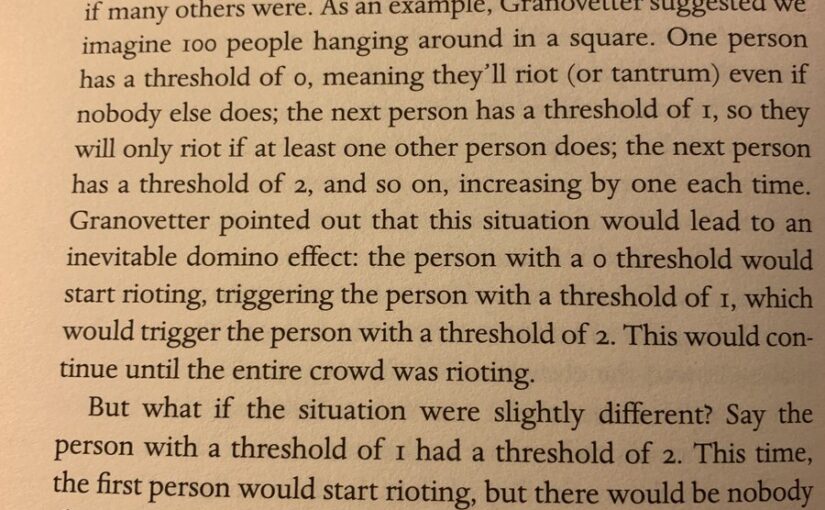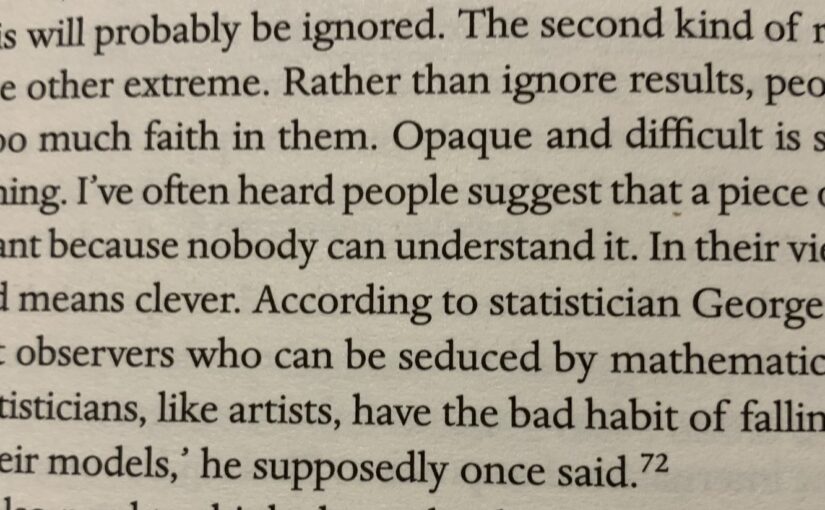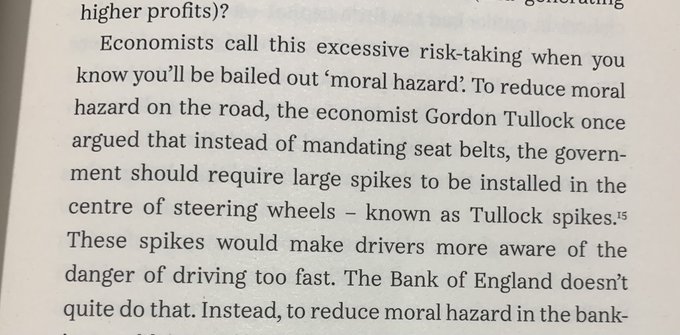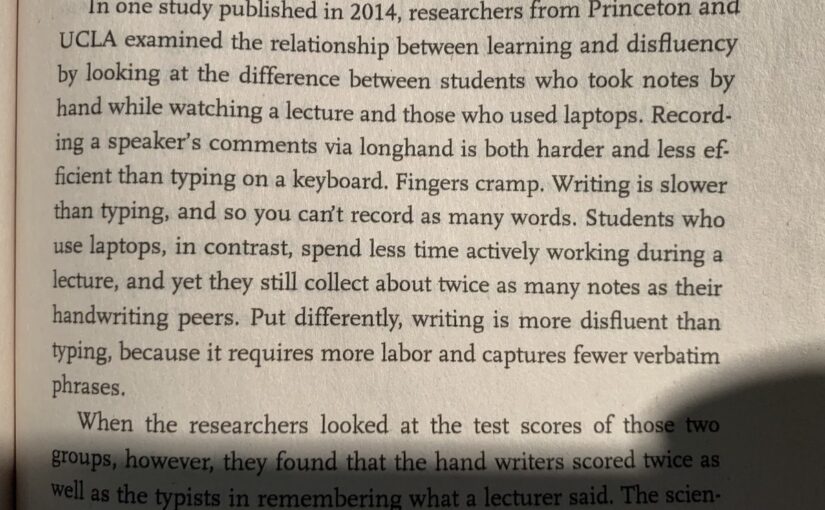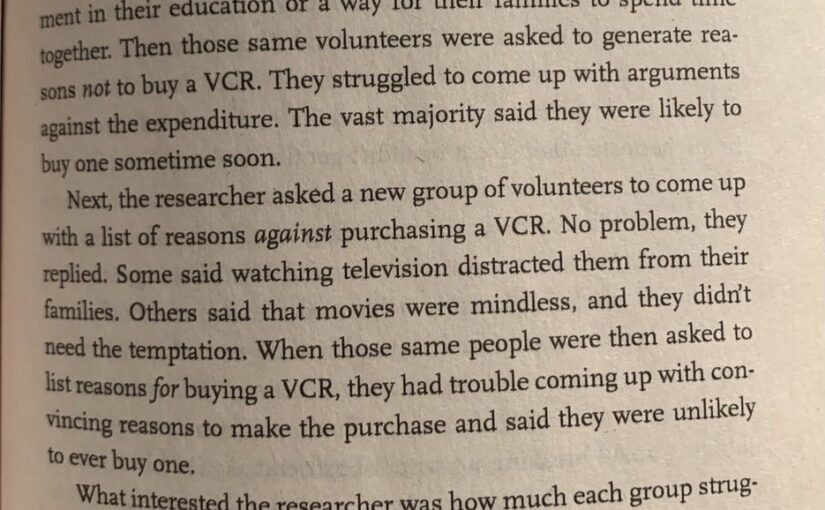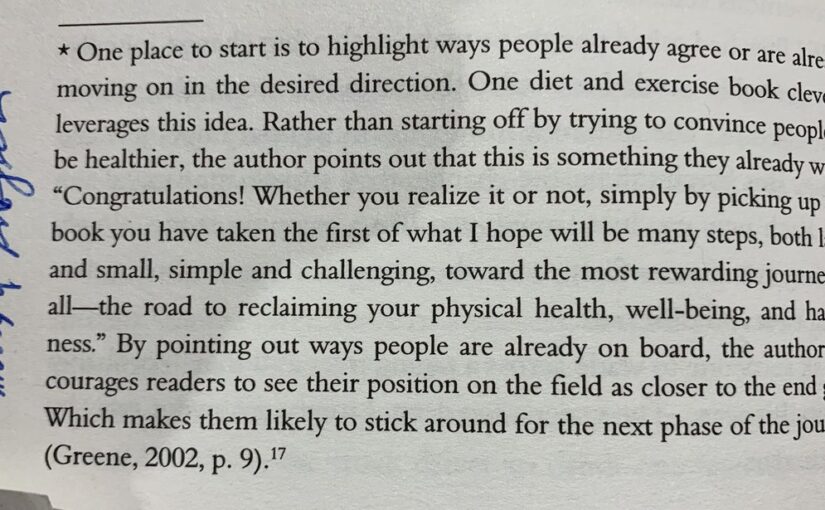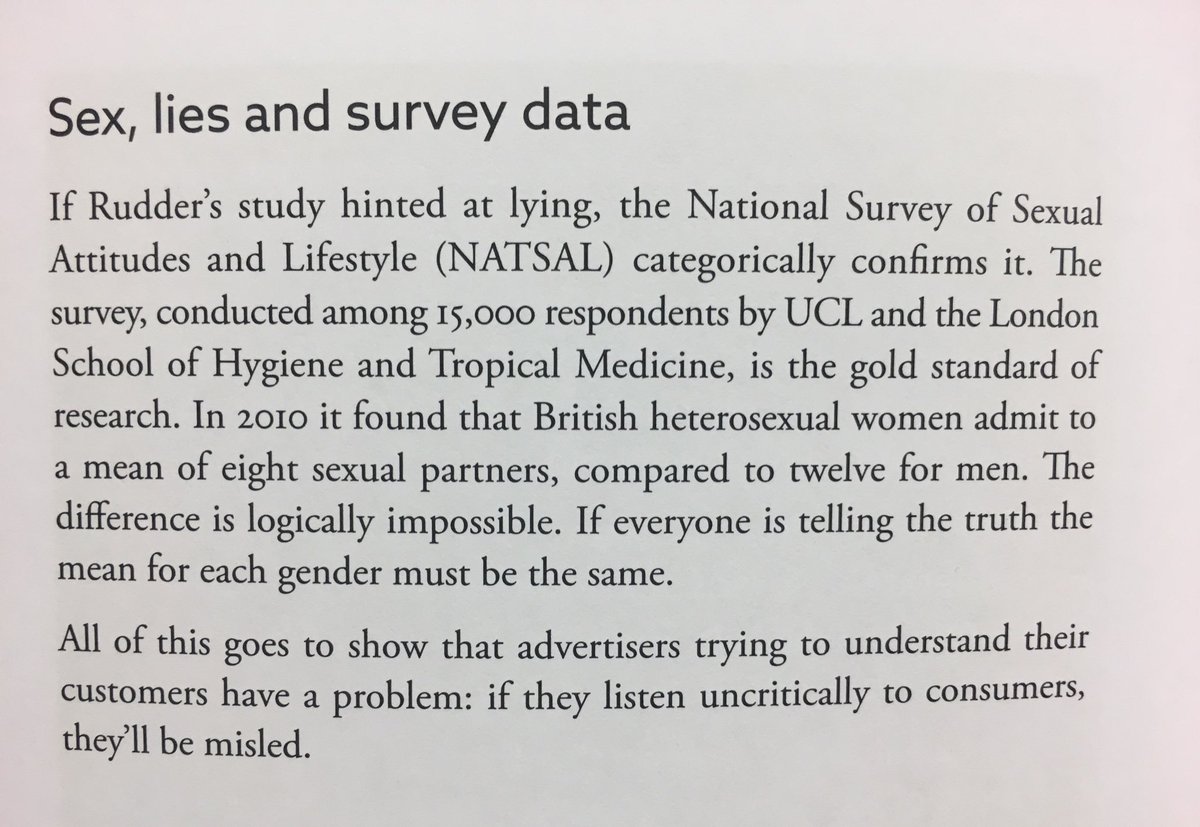In the early 2000s, the management at Houston airport was dismayed by the number of passenger complaints it was receiving.
The main issue was delays at the baggage carousel: by this point passengers were often at the end of their tether and even trivial delays tested their patience.
In response, the airport approved a hefty budget for more baggage handlers. At first, the cash looked well spent as waiting times dropped to eight minutes, about average for an airport. But complaints remained stubbornly high.
The authorities considered hiring more baggage handlers but that was prohibitively expensive. Instead, the managers took a psychological approach: they focused on improving the subjective experience rather than the objective reality.
One fact they had discovered earlier became key: people spent about a minute walking to the carousel and eight minutes waiting. The authorities re-routed passengers after passport control so they had to walk further. This meant they spent about eight minutes walking to the carousel and just a minute waiting.
Even though the time they picked up their bags was the same, complaints plummeted. In the words of Alex Stone, who reported on the Houston redesign for the New York Times, “the experience of waiting is defined only partly by the objective length of the wait”. What matters more is perception and an unoccupied wait feels far longer than an occupied one.
Excerpt from: ‘Customer experience is as much about perception as reality’ in Marketing Week





